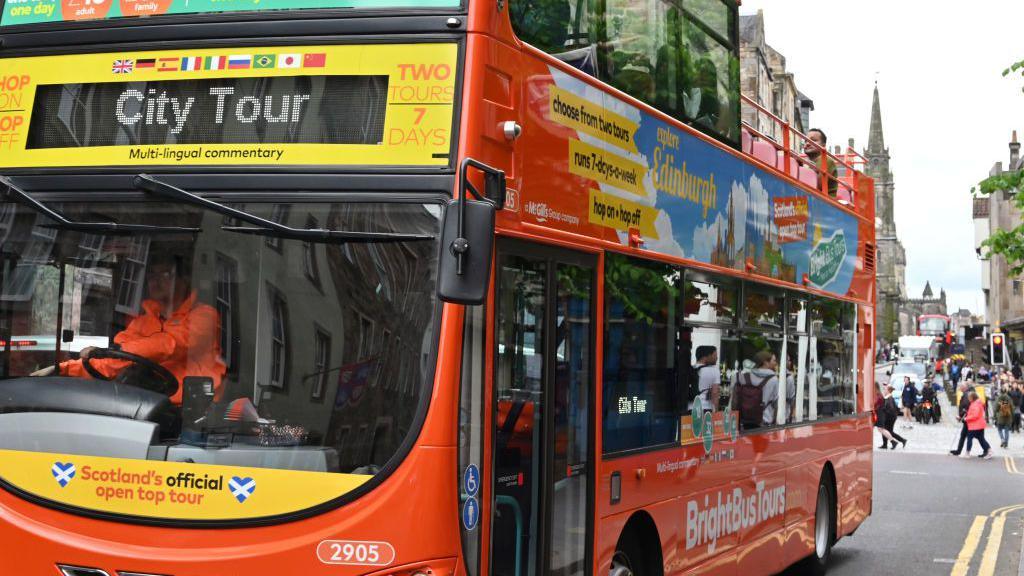Visitor levy: Economic sense or rural disaster?
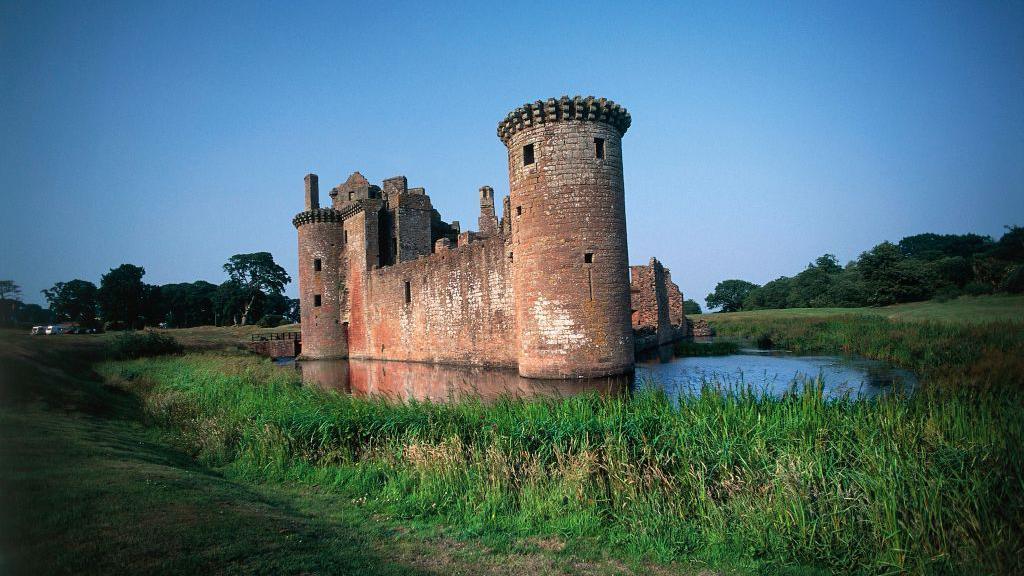
The region featured in National Geographic's "cool list" for 2024
- Published
A slice of south-west Scotland featured in National Geographic's "cool list" of destinations to visit last year - and tourism is important. That much is widely agreed.
The sector has been estimated to provide about 7,000 jobs across hundreds of businesses in Dumfries and Galloway - more than 10% of all employment.
Now the local authority is exploring the possibility of introducing a visitor levy on overnight accommodation costs which would then be invested in improving the area as a destination.
The council has stressed no decision will be made until next year and feedback will be taken on board - but what do BBC news website readers think of the possibility?
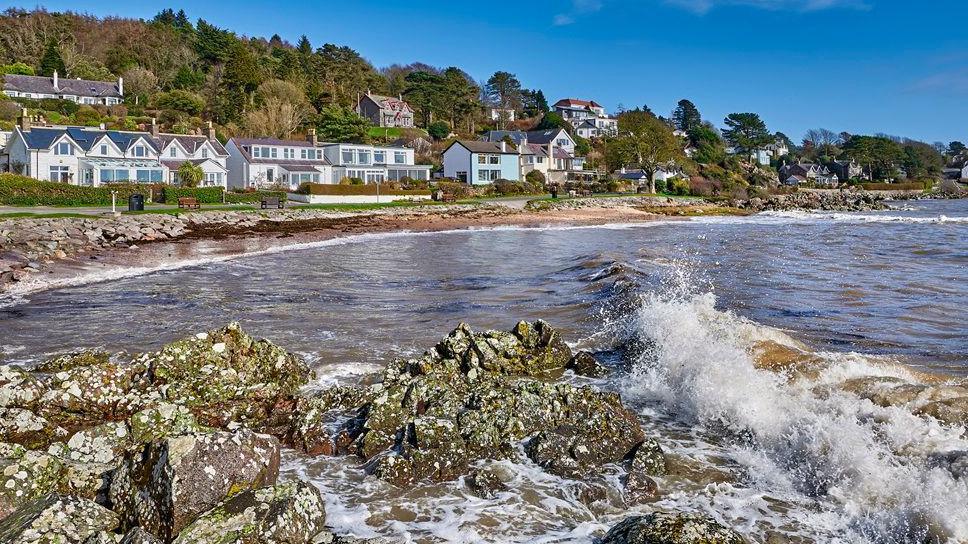
Tourism is a major employer in Dumfries and Galloway
For some people, there could be clear benefits from a well-run system.
Ashley Turgoose, from Kirkcudbright, said: "I believe a tourist tax makes good economic sense, provided the money raised is spent on improving infrastructure and making the area better.
"People will still come, we don't need to be seen as a cheap holiday destination but as a good one, if spent wisely it should, in the long term, increase employment and help boost tourism."
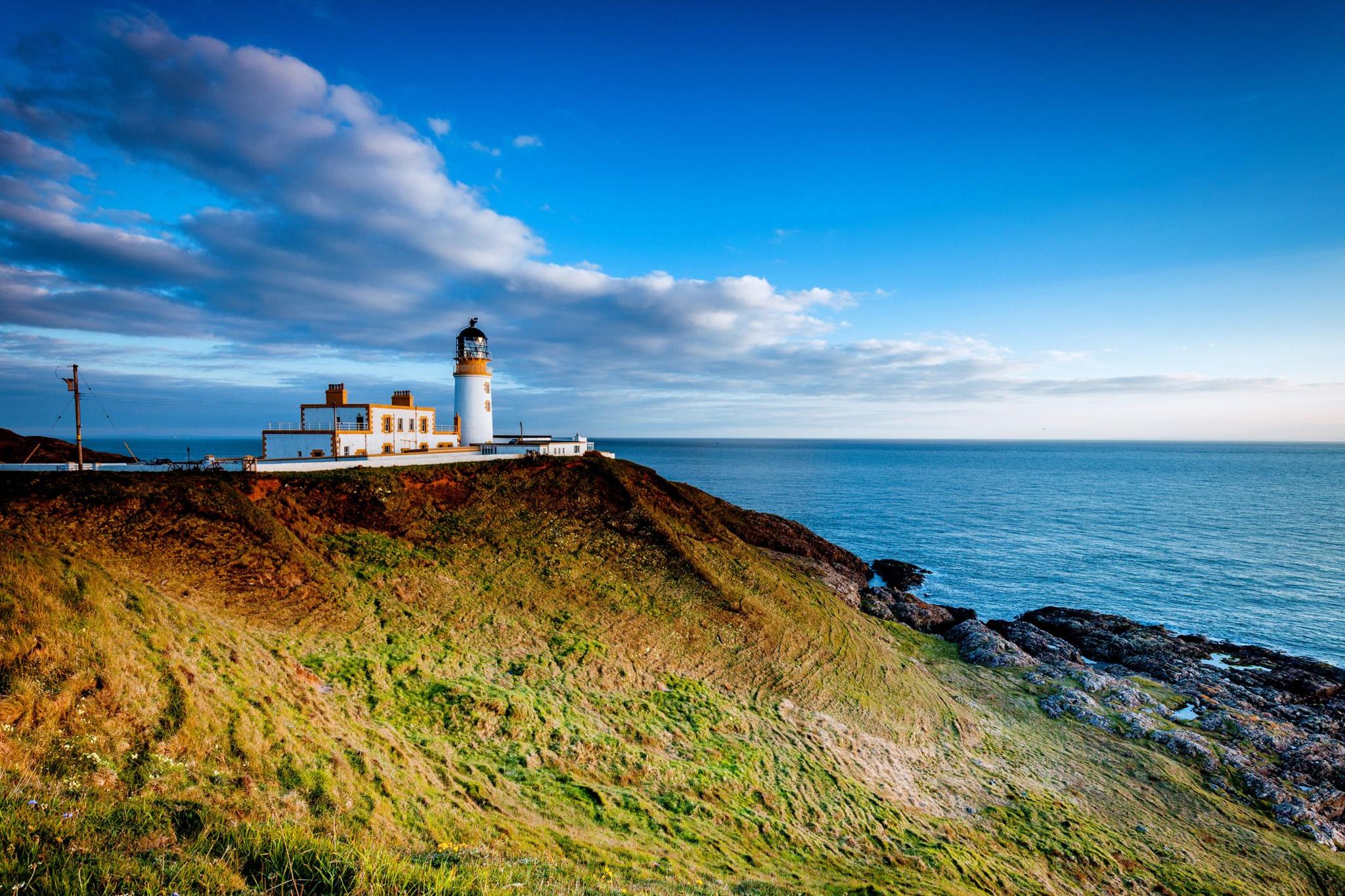
Some readers said the tax could be reinvested in improving infrastructure in the area
That was not a view shared by Norman Milligan from Dumfries and Galloway.
He said: "This tax may be OK for big cities but for rural areas it will be a disaster.
"It will push even more people out of regulated caravan parks and onto car parks, picnic areas and the likes.
"Here in Galloway we already have big problems with 'wild or free campers' trashing our scenic areas and leaving rubbish and toilet waste all around."
He also had concerns about people going to hospital in Dumfries potentially having to pay a levy for staying in a bed and breakfast overnight.
From outside the region, Peter Moore from Midlothian, said it would not put him off coming to the area.
"A visitor levy would make absolutely no difference to my choosing whether or not to stay in Dumfries and Galloway," he said.
"It is common practice in various European destinations and given its very limited amount, compared to existing costs, it seems very unlikely to deter visitors."
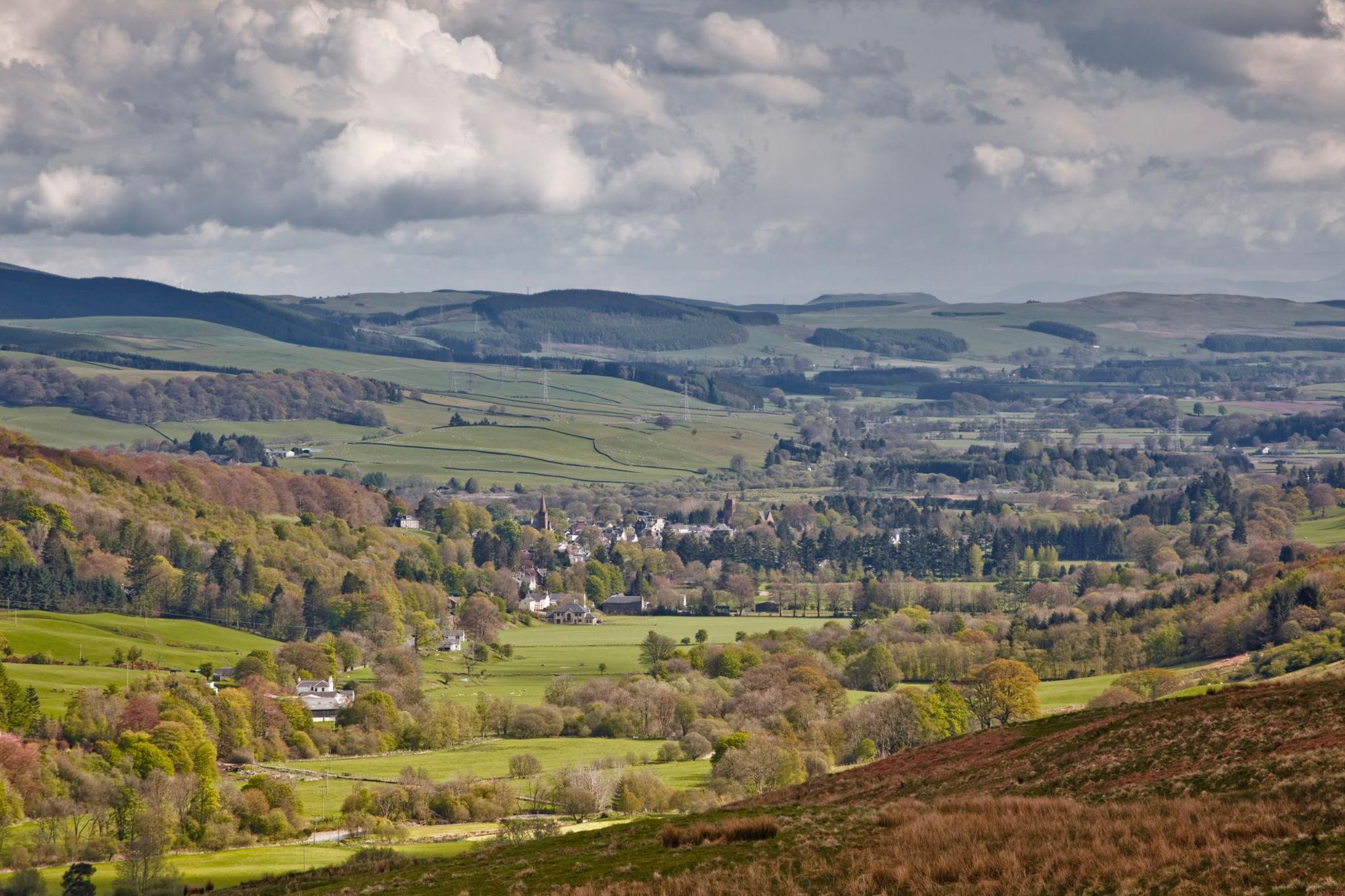
Fears have been raised that the tax could "chase people away" from Dumfries and Galloway
However, John Hume of Moffat, described it as a "ridiculous idea" which would be "detrimental to the tourist sector".
He added that he believed it had the potential to "chase people away".
That would not include Antony Strong of Annan who said he had been on holiday abroad twice this year and had been "happy to pay a visitor tax - so cannot see a problem".
He said the region had other, more pressing, issues.
"The problem in Dumfries and Galloway seems the lack of visitors," he said.
"They seem to all be travelling to Ireland.
"Dumfries and Galloway is full of history and beautiful places but no one is pushing Dumfries and Galloway."
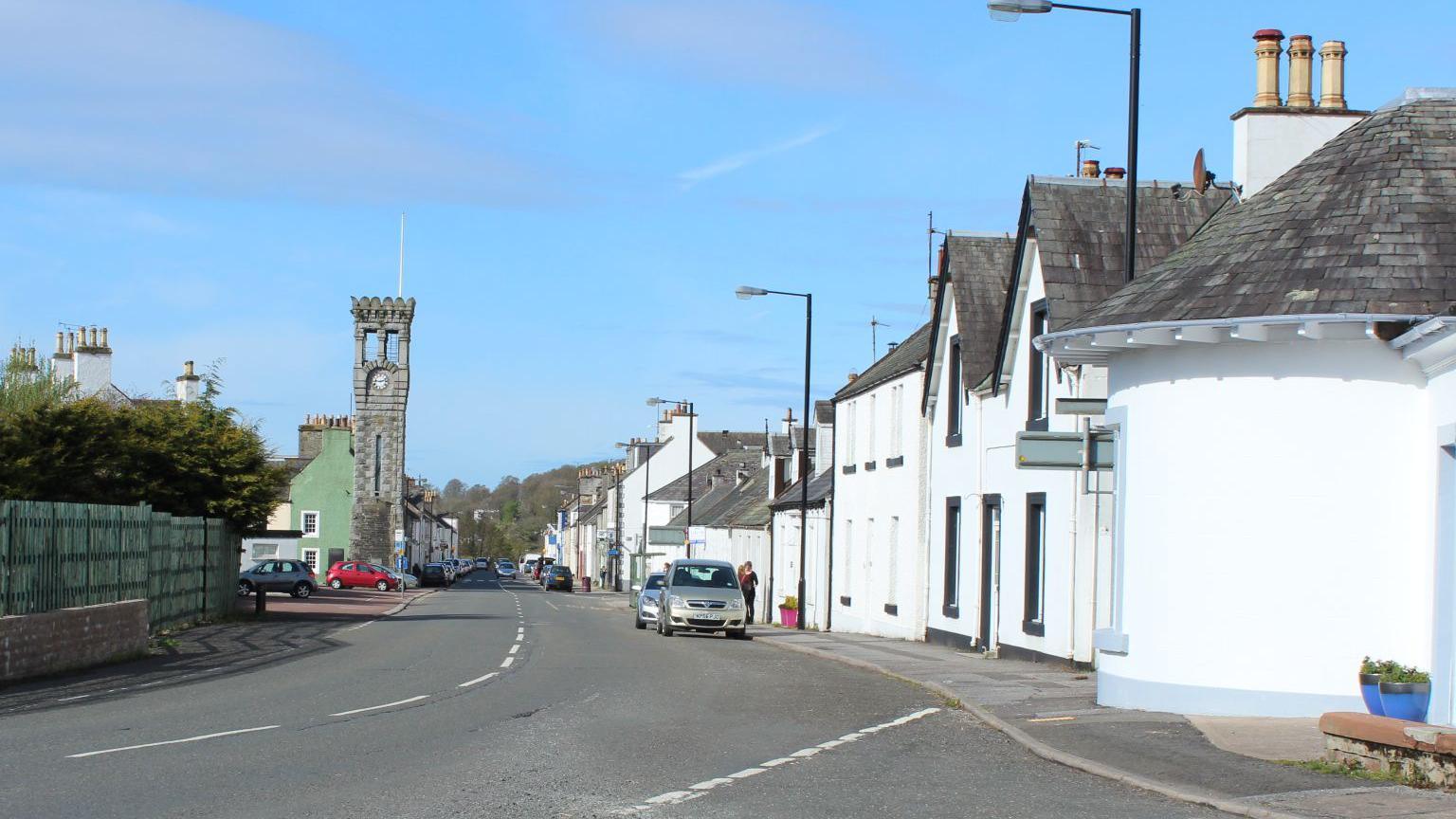
No decision will be made on the levy until next year and it will take into account local feedback
Kevin White, of Gatehouse of Fleet, fears it will hurt local businesses.
"There is only one outcome to this proposal," he warned.
"The accommodation provider will end up paying it, not the tourist.
"I run a bed and breakfast and breaking even is hard enough, making a profit even harder so in order to be competitive prices are kept as low as possible.
"Adding another levy to pass on to the paying guest would be insulting for them and embarrassing for me as a host, so I'll end up sucking it up."
He said that would mean that rather than the funds coming from the tourist trade they would simply hit the margins of accommodation providers even harder.
Edinburgh will become the first place in Scotland to charge a levy next summer.
Other areas are also set to follow suit while a number of councils have ruled it out.
It seems that in Dumfries and Galloway, as elsewhere in Scotland, its a tax that provokes strong and divided opinions.
Related topics
- Published30 October

- Published2 October
